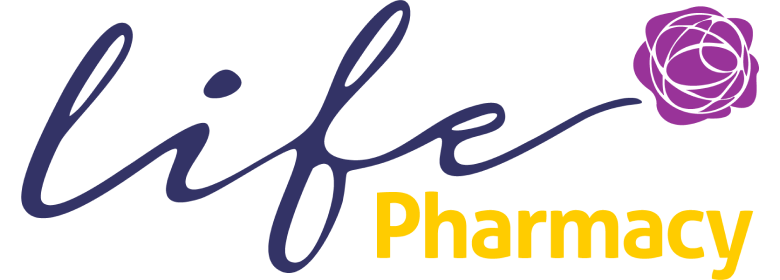This article comes after a conversation with one of my colleagues who just broke her wrist after a fall playing badminton. She is nearing 50 and when I popped into her office she was being harangued to take calcium as she was getting older and is of menopausal age. Everyone can break things if they fall hard or in the wrong way and I think, in this case, she did both. However, her colleagues were not entirely wrong to suggest checks for bone density.
Known as the silent epidemic, many people don’t know they have bone density issues until they break one or have a serious fall. Our bones are at maximum density during our 20’s – 30’s and, after that, they start to decline about 1% per year. The link with menopause is that when hormone levels start to change, we lose the supportive actions against bone degeneration. This means that degeneration after menopause increases to 2 – 7%, leaving us with brittle bones that are more vulnerable to breaks.
Half of all women and around a third of men over the age of 60 are affected by bone density issues in NZ
The advice “you should take calcium for bone health” seems to be commonly known. However, although calcium is important from a vitamin and mineral point of view, it is not the only requirement. Magnesium is also very important and is required to facilitate calcium into the bones. Other minerals required for healthy bones include vitamin D, boron, manganese, zinc and vitamin K. The mineral silica also helps support bone strength and healthy teeth, nails and hair.
My number 1 dietary recommendation for supporting bone health would not be dairy as some might expect, but “greens”. That includes everything from green leafy vegetables to seaweed and herbs. Greens are rich in minerals such as calcium and magnesium and other trace minerals, so I encourage you to eat plenty of them (rocket, lettuce, spinach, watercress, broccoli, cauliflower, brussels sprouts, cabbage and bok choy). Vitamin K, great for bone support, is also found in dark green leafy vegetables like the ones listed above, and others like asparagus. Alfalfa is a plant phytoestrogen and is, therefore, great for helping support hormonal balance in menopausal women as it’s rich in calcium and silica. Another reason why greens come out on top for me, is that they are alkaline, which helps reduce acidity in the blood. If our blood is too acidic, calcium is used to buffer the blood and make it less acidic. This uses our valuable calcium that is needed for the bones, therefore alkaline foods that help to counteract this are very positive. Conversely, we should also look to moderate highly acidic foods such as sugar, alcohol, coffee, refined grains (white bread, pasta) and meat.
The other important factor when it comes to bone health, is exercise. Weight bearing exercise causes the body to deposit minerals into the bones, especially in the legs, hips and spine. Examples of weight bearing exercise include walking, weights at the gym, running, aerobics and racket sports.






